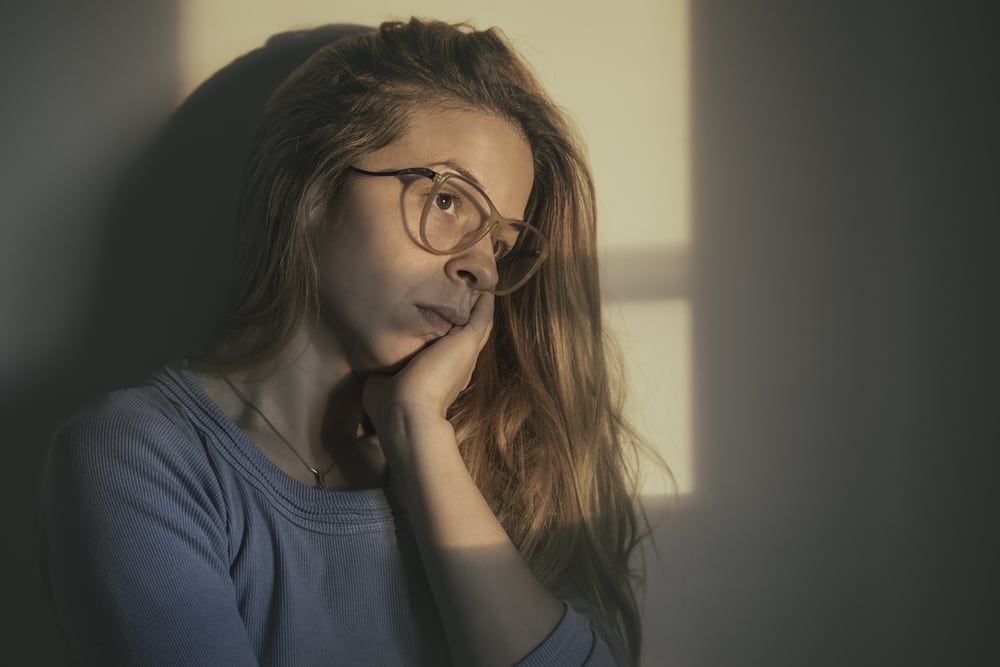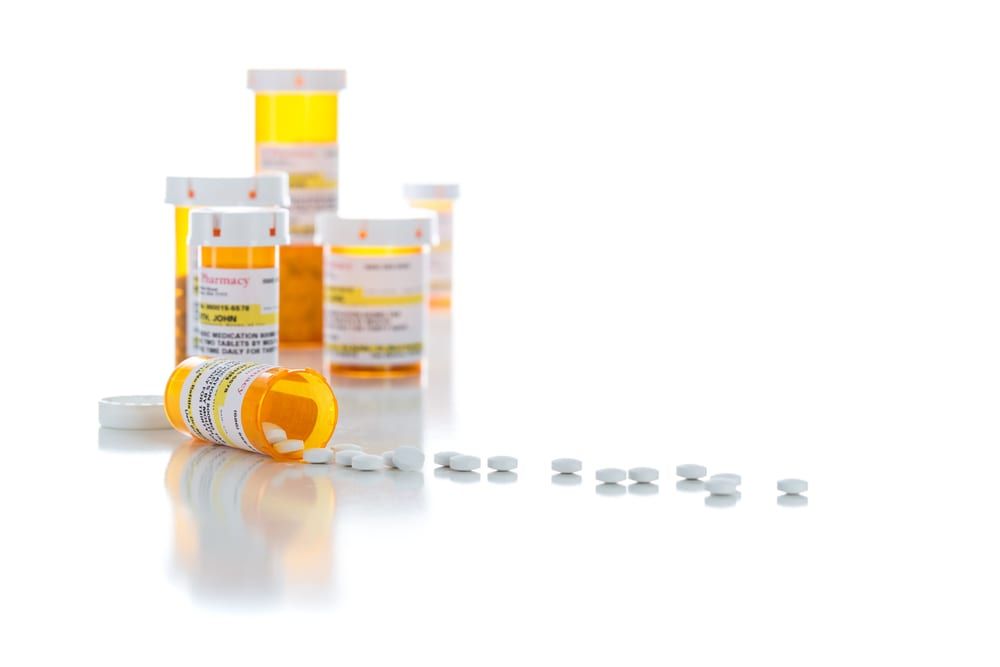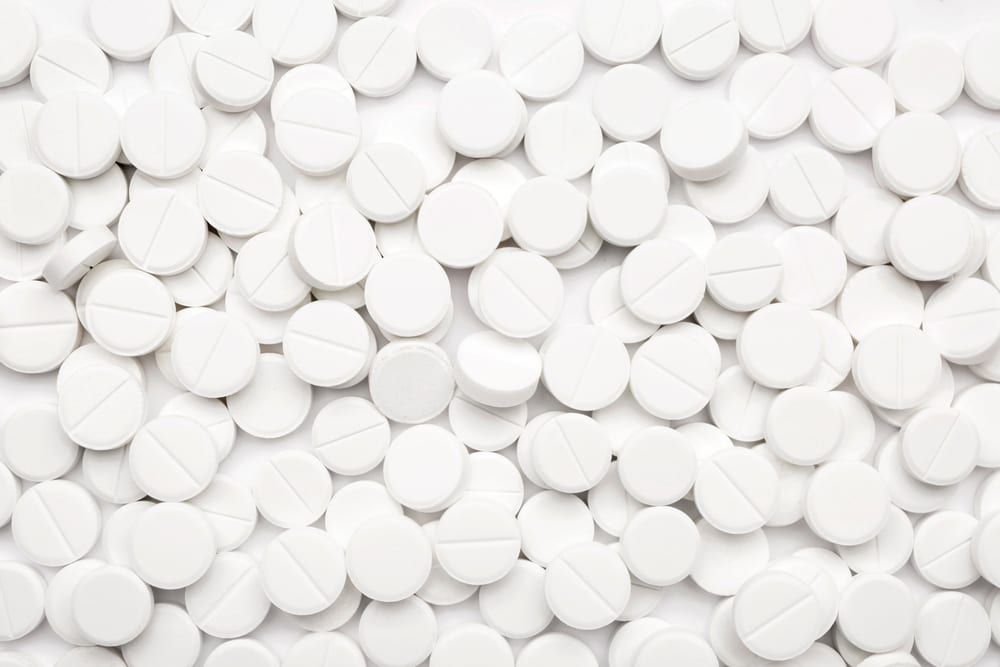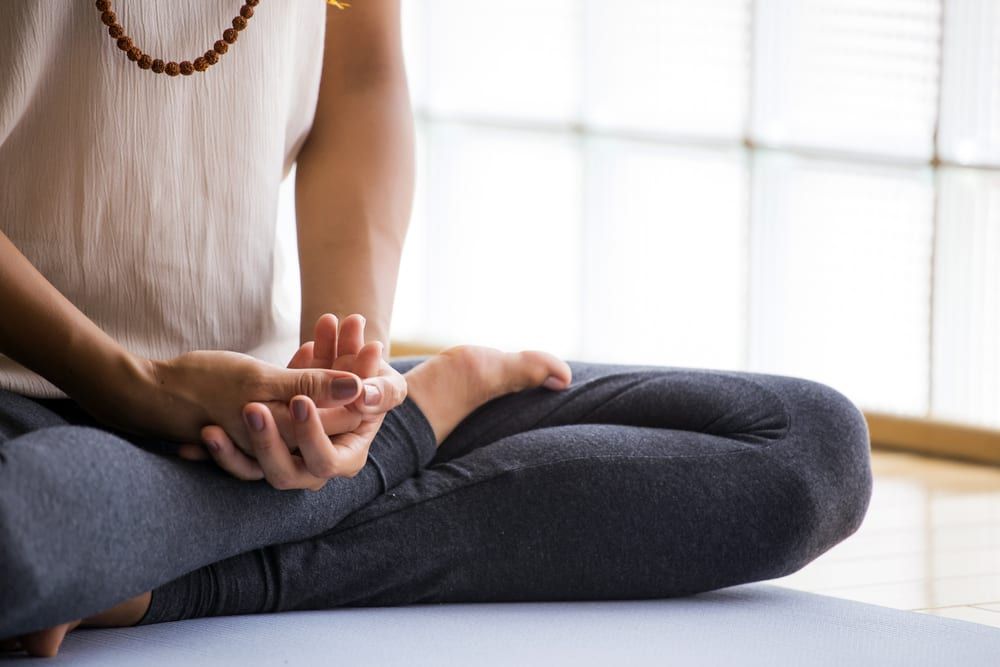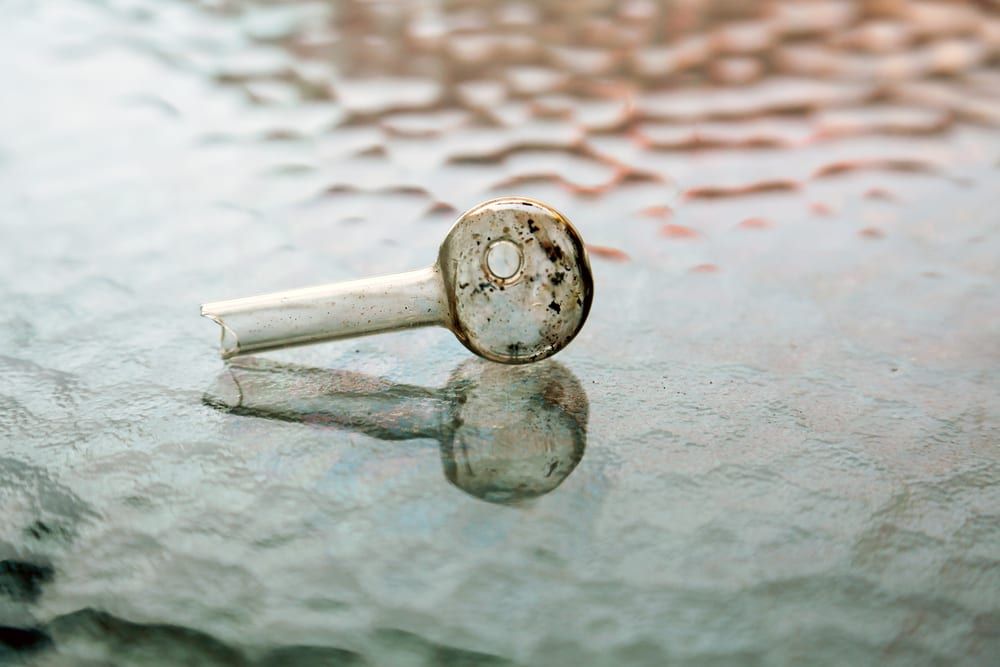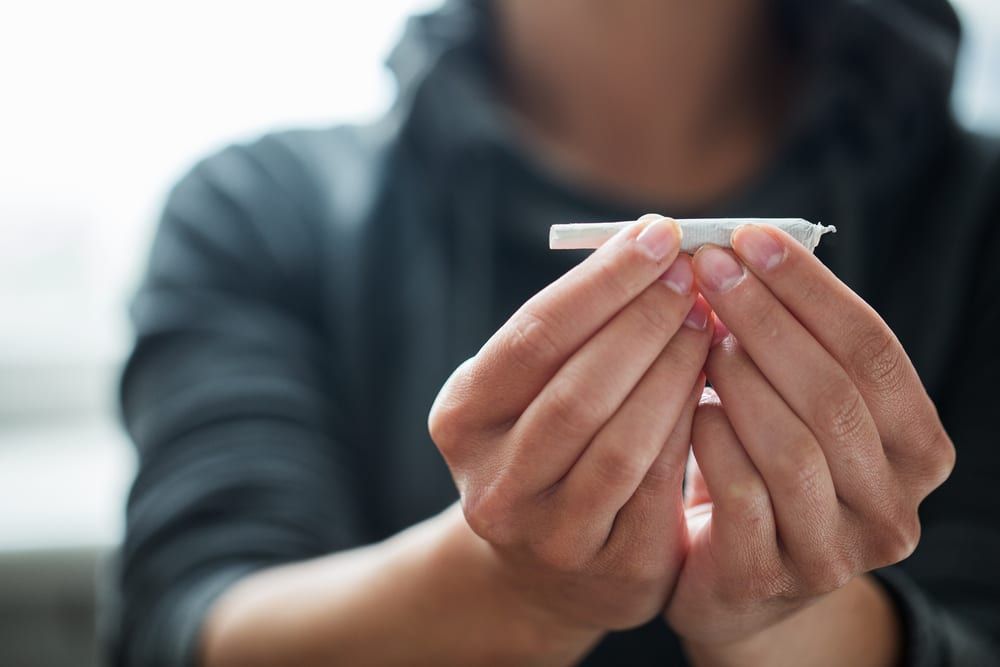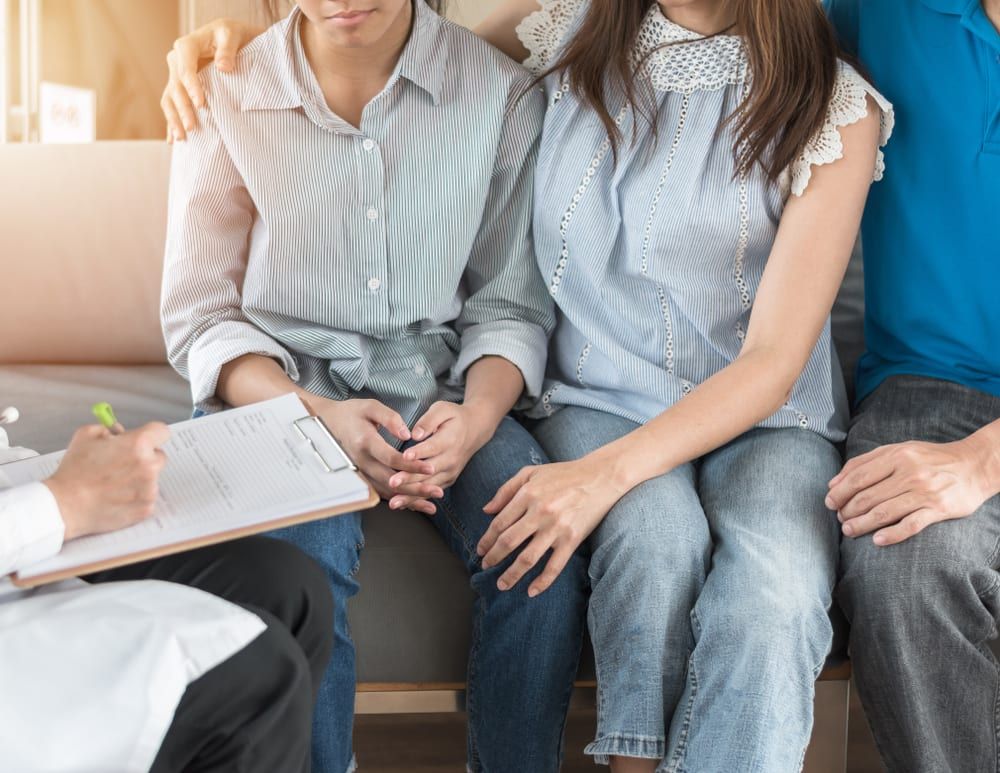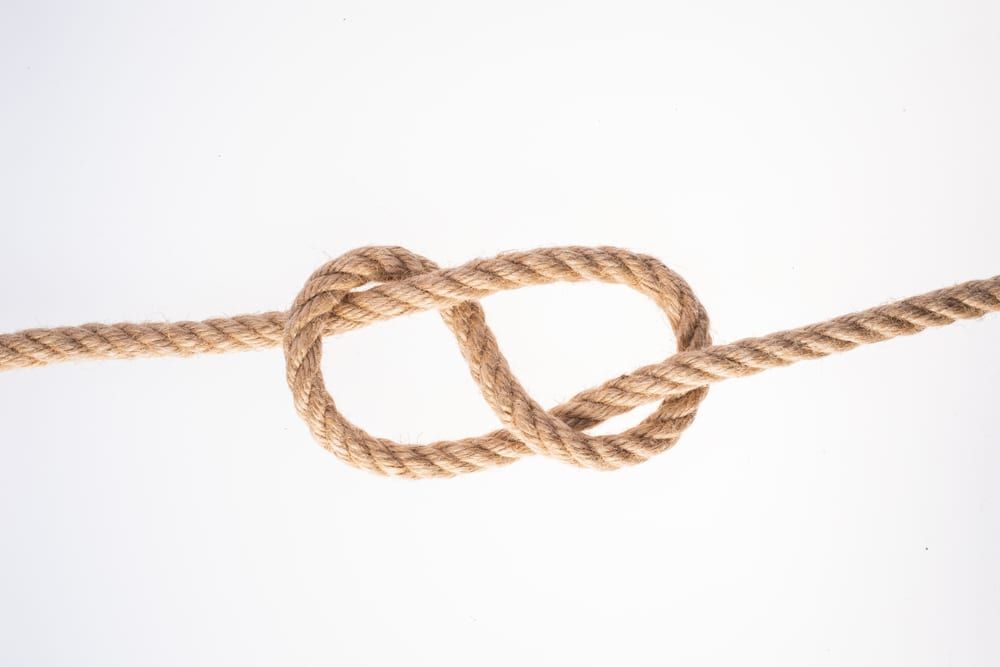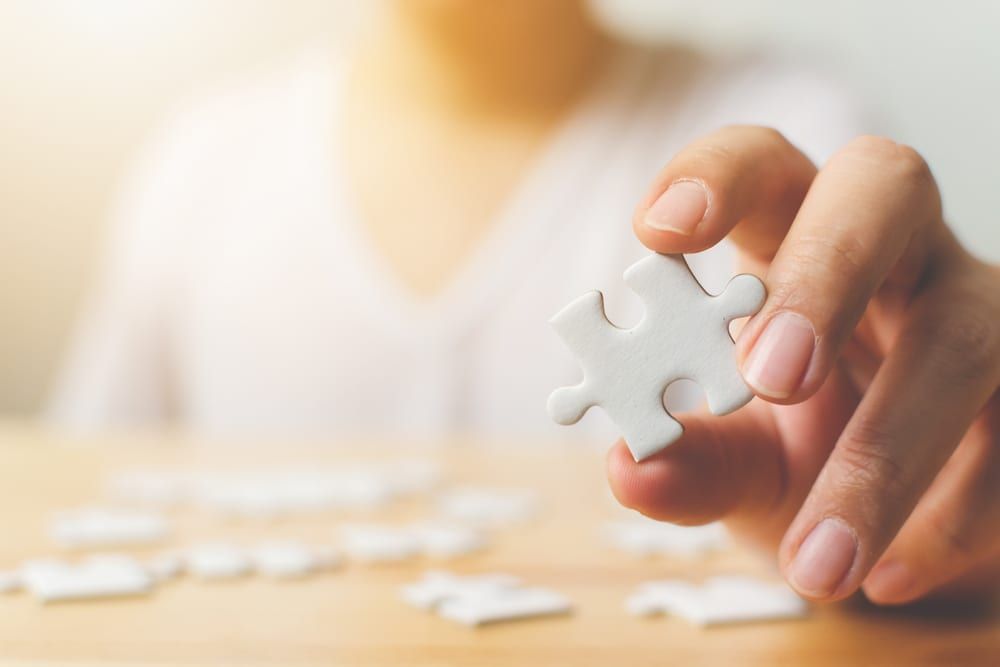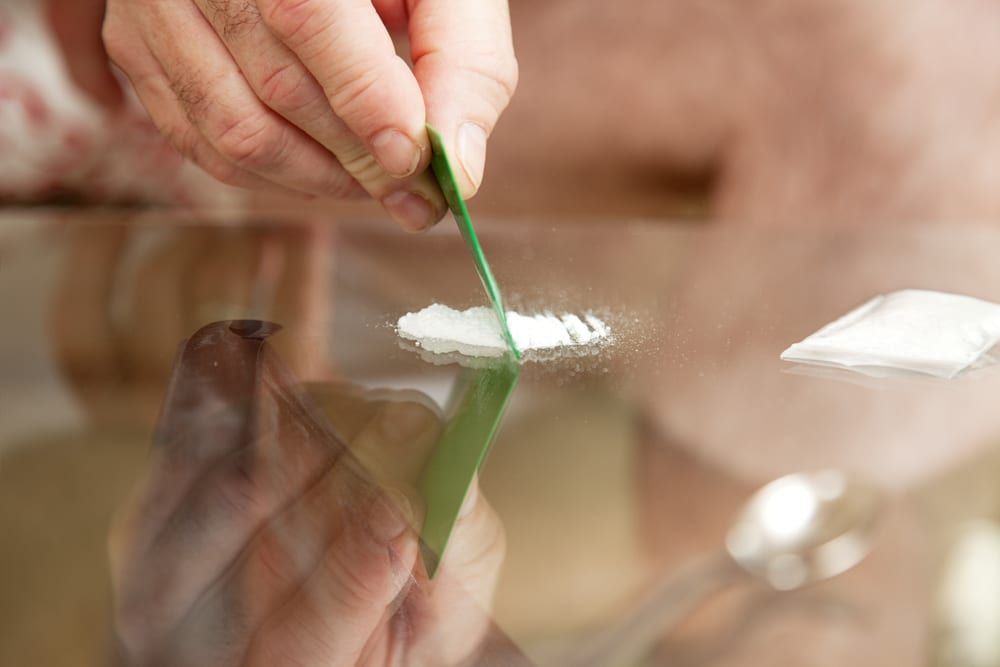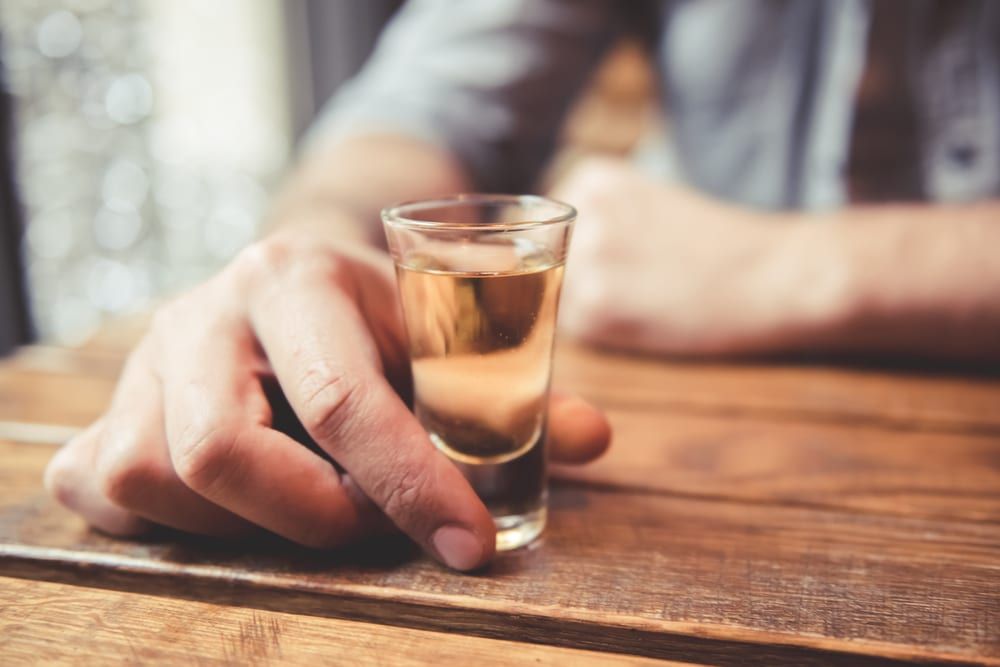Addiction is a dangerous, yet treatable disease. Unlike other types of illnesses, addiction requires the commitment and cooperation of the abuser in order to begin a journey to recovery. Individuals suffering from addiction are encouraged to seek treatment from an experienced counselor who can help identify the cause of self-abusive behaviors and facilitate a path to wellness and healing. With professional counseling, the seemingly daunting decision to stop an addiction can be broken into small, less-frightening steps that make recovery seem much more conceivable.
Did you know…
addiction is a disease that the National Institutes of Health estimates could affect as much as 50 percent of the U.S. population? Many people link addiction only to alcohol and illicit drugs. Though these are commonly abused substances, an addiction can form around any activity or substance, including eating, exercising, working, sex, tobacco, and gambling. Some people are even addicted to normal pastimes like being on the Internet, playing video games, or shopping.
Frequently Asked Questions
Do I need to seek treatment for addiction?
You may need to seek treatment for an addiction if you have a habit that you believe you should cut back on or stop altogether. Many people suffering with addictions find themselves either feeling guilty about their habits or otherwise irritated when asked about those habits.
What should I expect during addiction recovery?
Addiction recovery is a long and tedious process. Treatment may involve several components, including one-on-one counseling and group therapy. The path to recovery is filled with ups and downs, and many people find comfort and encouragement in the relationships and accountability formed with other people who have faced similar struggles. Addiction treatment makes it possible to face both the cause of addictive behaviors as well as the consequences. Ultimately, overcoming addiction means gaining self-respect and working toward realistic goals and expectations.
What happens after I have completed treatment for addiction?
Many former addicts maintain a state of ongoing recovery. Many addictions are fed by both biological and environmental components. Changing your environment can significantly reduce your chances of relapsing into addiction, but a biological predisposition to addiction cannot be cured. You may wish to continue attending a support group to reduce your chances of relapse and to help prevent a new addiction from forming in the place of an old one.
